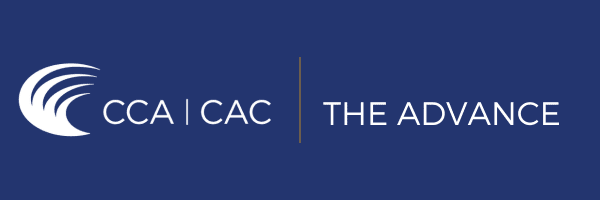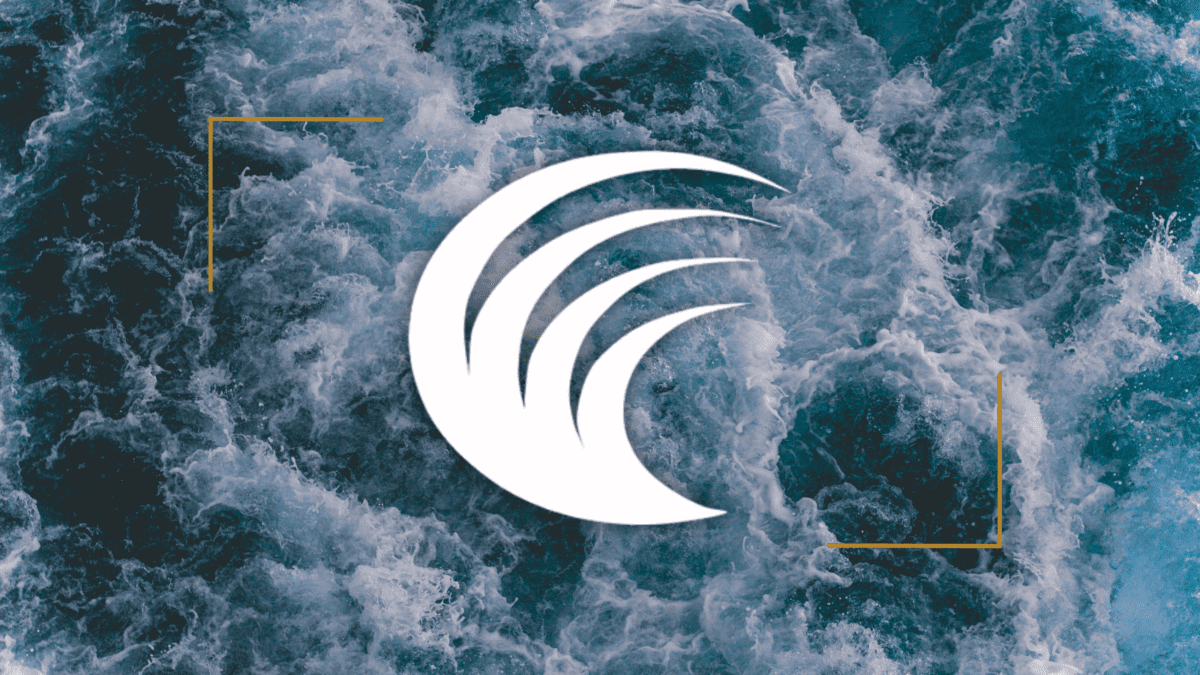
Welcome to The Advance, the newsletter of the CCA. Want to help us promote evidence-informed policy in the public interest? Feel free to forward this newsletter to a friend or colleague. If you haven’t subscribed yet, you can sign up here. Le français suit.
IN THIS EDITION:
- Shaping a collaborative future for ocean research
- Announcing the members of the CCA’s Expert Panel on Indigenous Science and Food Sovereignty
- Readings and events on health data sharing, electrifying Canada’s future, a new CCA assessment for Canada’s meteorological service, supporting domestic produce, securing Indigenous-led research, and more
- Meet Dr. Soheil Asgarpour, the new chair of the CCA board of directors

Shaping a collaborative future for ocean research
Canada’s health, safety, and prosperity depend on a strong and collaborative ocean science ecosystem. The CCA is pleased to support Marine Environmental Observation, Prediction and Response Network (MEOPAR) as they launch a new initiative to shape a collaborative future for ocean research in Canada. The initiative builds on the CCA’s record of impact related to identifying priorities and opportunities for ocean research.
This project begins with broad engagement across the ocean research community, including a national survey, which will be followed by a series of targeted engagements. Feedback on the needs, pressures, and priorities driving ocean research in Canada will help shape the direction for an independent assessment led by the CCA, to launch in late 2025.
Learn more about how you can contribute your insights.

Readings and Events
- On April 29, Health Data Research Network Canada hosts “Health Data for All of Us,” a day-long event focused on AI in health. The event takes place in Ottawa as well as online.
- As part of the International Year of Quantum Science and Technology, the Canadian Association of Physicists is coordinating a list of open-door events hosted throughout the country on May 3. Events include a public event at Institut quantique de l’Université de Sherbrooke, where, the university writes, “the cold and the infinitely small meet.” Learn more about Quantum Canada Open Doors.
- On May 15, the World Health Organization’s Research for Health Department hosts an event to unveil its “Global Research Agenda on Knowledge Translation and Evidence-informed Policy-making,” the product of a multi-year collaboration involving experts from more than 40 countries.
- On May 29, The Walrus hosts a conversation on “how Canada’s path to a sustainable future is increasingly tied to electrification and reindustrialization.” The event takes place in Toronto and is also available online.
- For the CBC, Samritha Arunasalam reports on efforts to reduce Canada’s dependence on fruit and vegetable imports and generate more produce to meet domestic demands through efforts such as vertical farming. Arunsalam speaks with Lenore Newman and Evan Fraser, members of the CCA’s Expert Panel on Atypical Food Production Technologies for Canadian Food Security, whose report is available here.
- What are the essential functions of Canada’s public meteorological service? How are these changing in the context of climate change, new technology, a shifting information landscape, and other trends? Learn more about the CCA’s new assessment for the Meteorological Service of Canada.
- Most Canadians have now used generative AI programs at least once, according to a new report from Toronto Metropolitan University’s Social Media Lab. A survey of 1,500 people found that Canadians are divided in their feelings about generative AI’s social impacts, and half of all Canadians surveyed do not know how their personal data is used by AI companies. The survey also found widespread support for holding AI companies liable for harms caused by their programs.
- For The Globe and Mail, Chris Hannay details Canada’s fragmented health data-sharing landscape. “Records are spread out between hospitals, doctors’ offices, pharmacies and other points of care,” Hannay writes. “Some offices still work on paper records and faxes, and even for those that have moved to electronic records, different software doesn’t connect with each other. As a result, patients can have difficulty accessing their own records, and health-care providers can’t share information.” To learn more, read Connecting the Dots, from the CCA’s Expert Panel on Health Data Sharing.
- A new special report from the Yellowhead Institute evaluates the ways in which academic researchers who falsely claim Indigenous identity “distort research, misappropriate resources, and undermine the goals and values of authentic Indigenous communities.” The report, Pretendians and Publications, “argues for more rigorous, community-led identity verification, with Indigenous voices guiding these policies,” and “emphasizes the need for culturally competent data collection practices to ensure research is both authentic and accountable.” Read it here.
- “For all the innovations in workforce-readiness, there’s still a substantial gap between education inputs and economic outcomes, which Canada’s struggling economy and productivity cannot afford,” according to a new report from RBC Thought Leadership’s Growth Project. The report provides lists of guidance tailored to federal and provincial governments, post-secondary institutions, and employers, and draws on the CCA’s Degrees of Success report.
